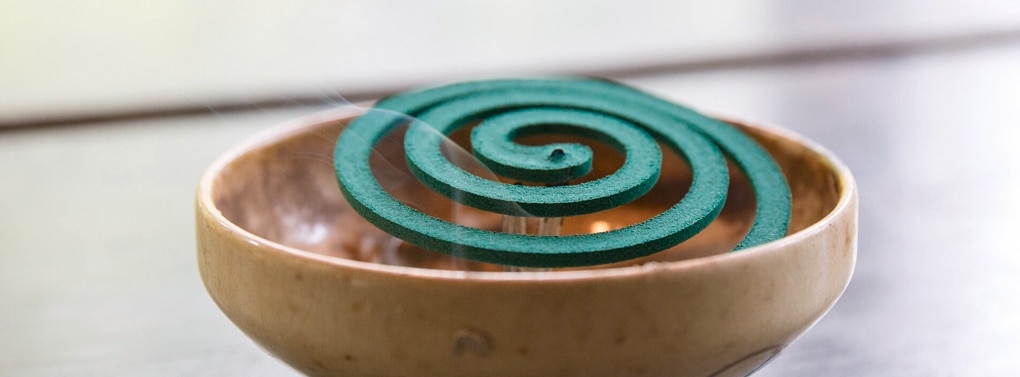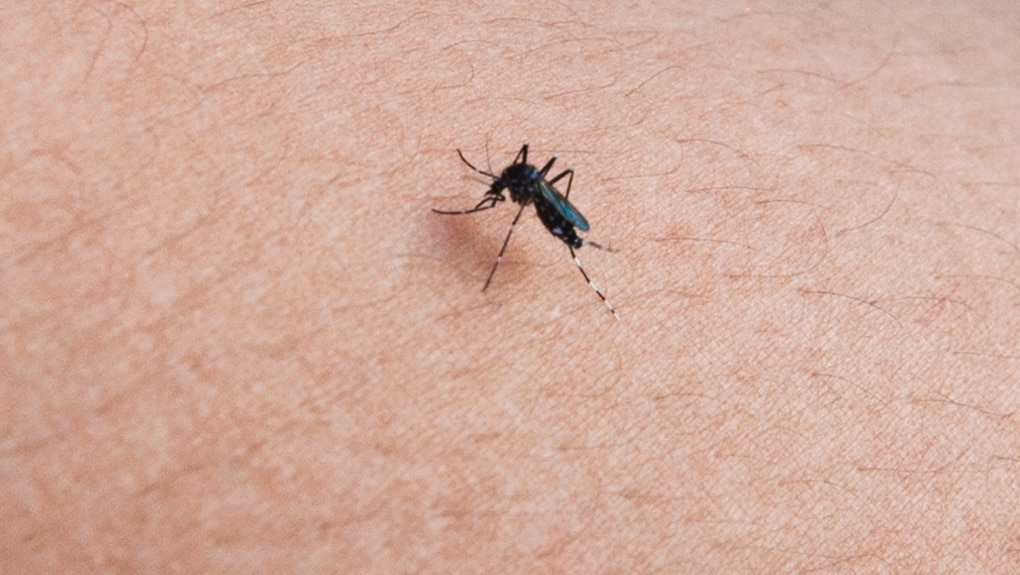Bite this: mosquitoes could be causing your dark spots
Get the buzz on how to prevent hyperpigmentation caused by bug bites
In Spots Free

If you’re a mosquito magnet, chances are itchiness is the least of your worries. Rather, you might be more concerned about the annoying, unattractive dark spots left behind by bug bites. Find out how to prevent skin discoloration in the case that you do get bitten.
When that bite comes
When a mosquito bites you, it injects an anti-coagulant into the skin to make feeding easier. In response, the skin releases histamine, causing an inflammatory reaction and a red bump on the skin. If scratched, the bump can swell or become infected, leaving behind a nasty scar.
Prevention is key
The best way to prevent discoloration is to discourage the mosquitoes from biting you in the first place. Wearing long sleeves and pants is a good way to do so, but isn’t always practical in the heat. Using a natural insect repellant can be a safe and effective alternative. It should also be noted that mosquitoes are attracted to fragrance, so avoid wearing heavily-scented products such as perfume or lotion.
Post-bite care
Those pesky mosquitoes were not deterred by your prevention techniques and were able to sneak in a bite. So now what?
If you’re bitten, the number one thing to remember is: Don’t scratch! While scratching may provide temporary relief from itching, it can lead to additional skin trauma and hyperpigmentation. Instead, you should first cleanse the bite with a gentle soap. Apply ice to reduce swelling, then use a topical anti-inflammatory such as aloe vera to relieve the itching. Tea tree oil can also be used to kill bacteria and reduce allergic skin reactions.
Seeing spots
If you’ve accidentally scratched or had an inflammatory reaction that caused dark spots, there are a number of products that can be helpful for lessening the resulting hyperpigmentation. Use over-the-counter scar treatments or continue using skin brightening products with vitamin B3+ – a potent mix of niacinamide and 12-HSA.

